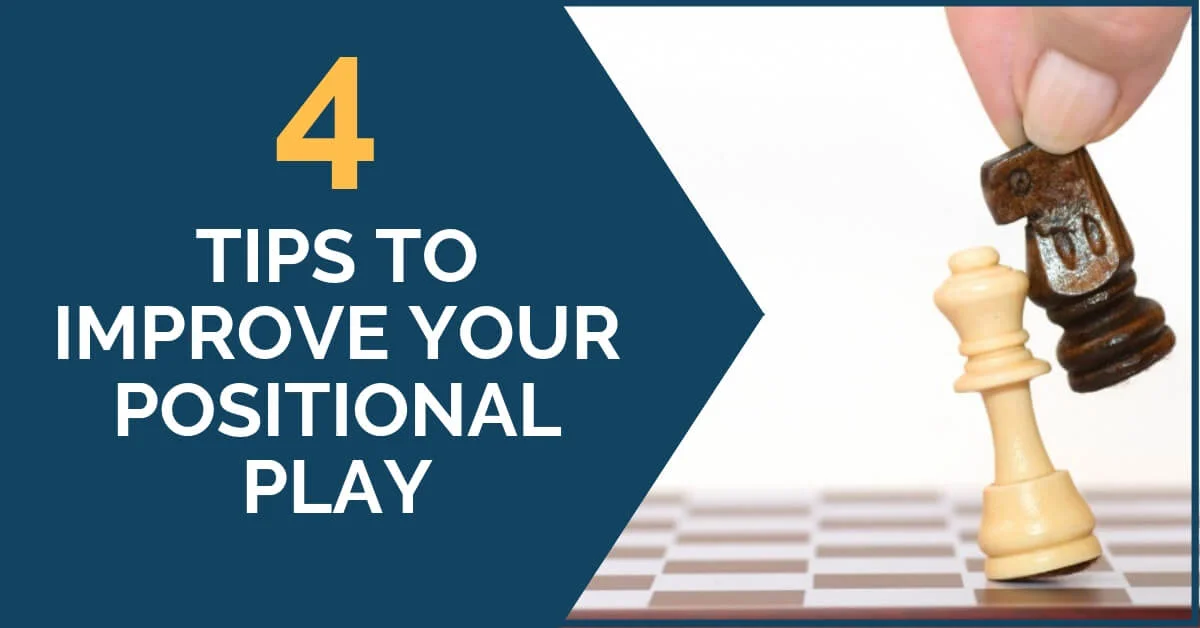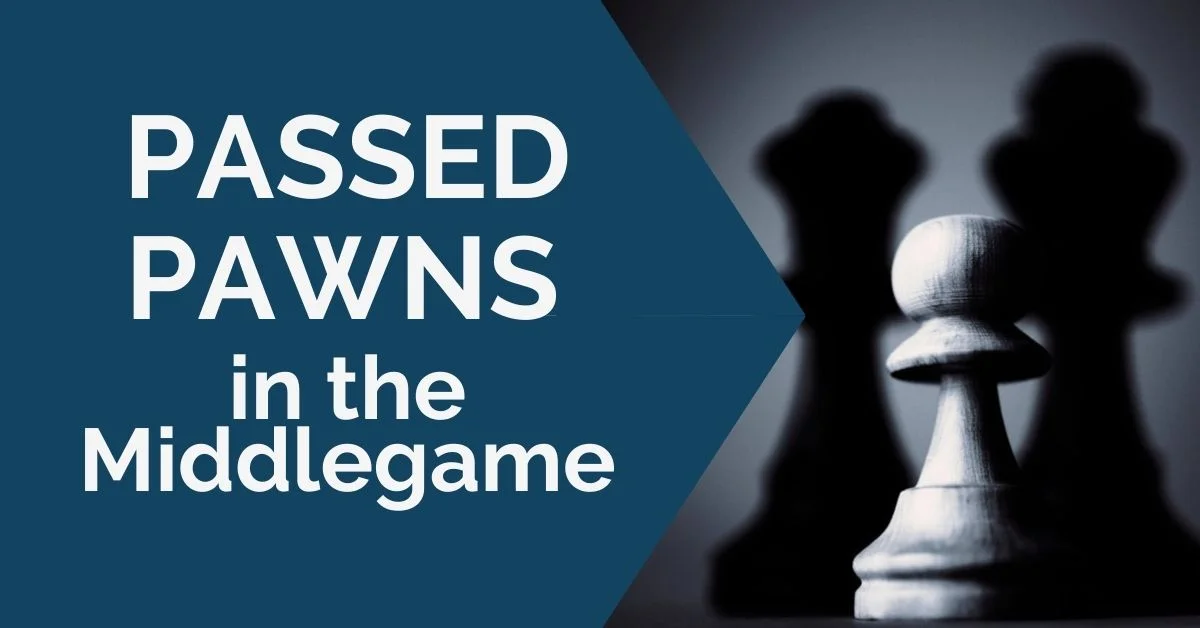5 Steps to Finding a Plan

It seems that nowadays it has become more and more difficult to win an “easy” game. Every opponent, no matter how low-rated, has a fair amount of opening knowledge and short wins have become something almost nonexistent. There is plenty of information that can be easily accessed by anyone and, with the rise of the engines, all the opening lines can be checked and improved by anyone who wants to create a good repertoire.
The real fight is almost always seen in the middlegame and endgame. It is usually here where the more experienced player shows a better understanding of the position and gets to “trick” his opponent and obtain some advantage. In fact, one of the most common things I hear from my students once they reach middlegame is “I didn’t know what to do in this position”.
It is very important that you always play with an idea or plan in mind, but it’s also desirable that you find the suitable ones for your position. In this article we are going to give you a set of questions you should always ask yourself during the game in order to “know what to do” and keep improving your position:
1. What does my opponent want to do? What is his threat?
This is one of the basic questions every player, no matter how strong, should ask himself. When we start learning chess we are taught to look for basic threats and make sure we don’t hang pieces. As we advance, we learn to discover not only immediate threats but also our opponent’s ideas.
We don’t only have to parry them, but also try to make it difficult for our rival to achieve his ideas. This is known as prophylaxis and it is something every player should work on developing in order to improve his/her level.
2. Are there any tactical possibilities in the position?
This question helps you not only to spot your opponent’s possible threats but also discover such possibilities for yourself. It is important to be on the look for them at every moment.
See if there are any geometrical motifs, any unprotected or poorly placed pieces that you could use in your favor and so on.
3. What is my worst placed piece?
Once you have ensured that the tactical aspect is covered, it’s time to move on to improving your position. The first step towards this is identifying your worst placed pieces. Done?
Well, now you should probably know what to do – find better squares for those pieces, from where you can control the center and disturb your opponent’s position.
4. What are the weaknesses in the position?
Identify the weaknesses and you will immediately know what to do in every position. It could be a weak square, a weak pawn, the bad position of the king and so on. It is important to do this both for your opponent’s position and yours; try to find a way to attack his weaknesses and at the same time make it difficult for him (if not impossible) to use the ones in your position.
5. How could I improve my pieces?
You should always try to bring your pieces to better squares, win more space and cram your opponent’s position. Imagine an ideal position for your pieces, from where you can attack the weaknesses and force your opponent to get on the defensive side. The next step is, of course, trying to achieve it.
The ideas presented above can serve you as guidelines during a game, but if you want to find out more about planning and how to correctly choose a plan, we recommend you read our previous work on this subject.
Thank you for reading!










Comments: